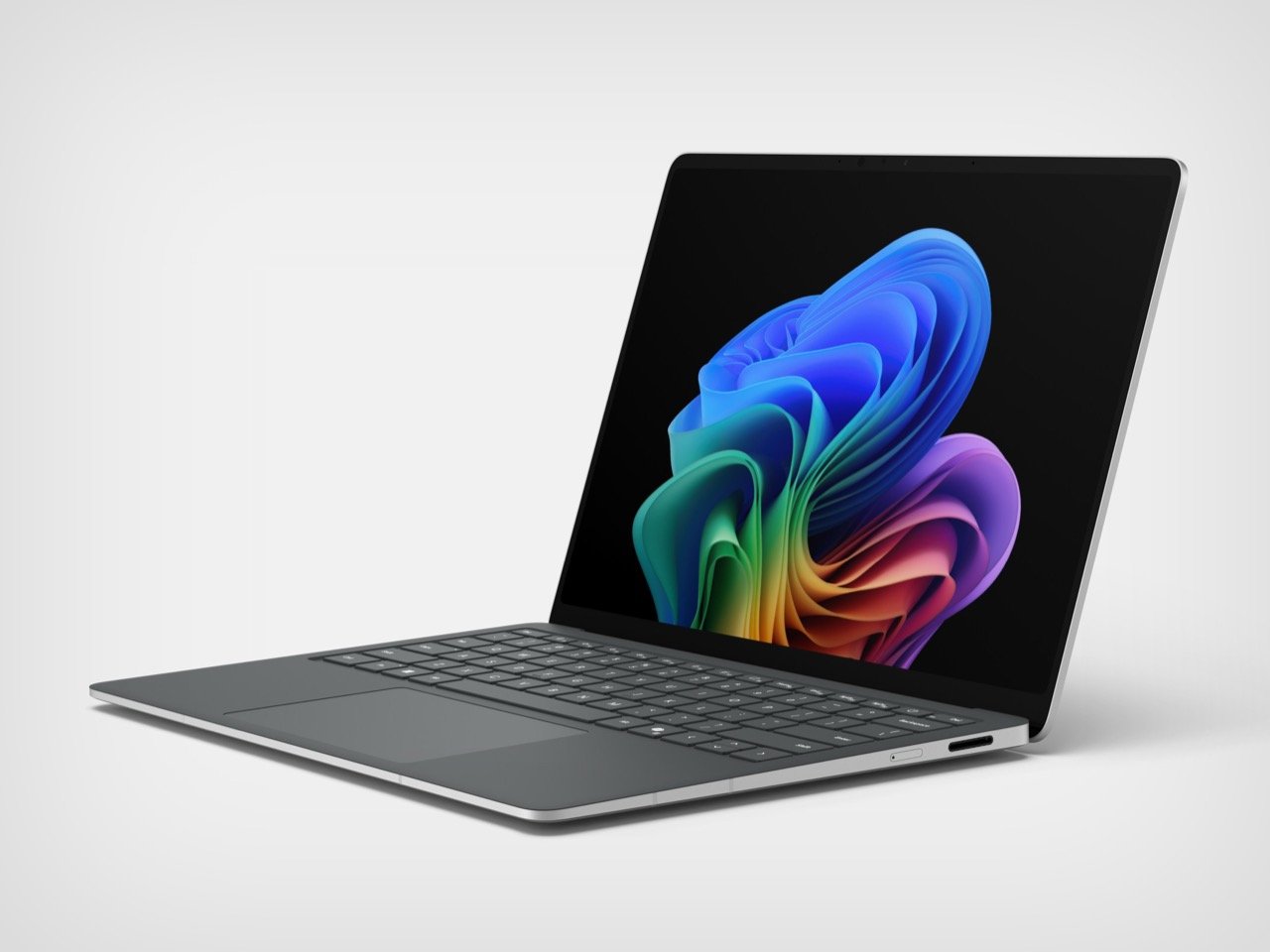Microsoft didn’t revive the Windows Phone, but this might be the next best thing – a Surface Laptop with 5G, a Nano SIM tray, and even eSIM capabilities. The Surface Laptop 5G is scheduled to hit shelves this August with a starting price of $1,799. While Microsoft has previously dabbled in cellular connectivity with its Surface Pro X line, this marks their first dedicated 5G-enabled Surface Laptop, complete with a physical SIM tray alongside eSIM support. The move signals Microsoft’s renewed focus on the premium mobile professional market, a space where Apple has been notably absent despite its dominance in the laptop sector.
The timing couldn’t be more strategic, with remote work becoming a permanent fixture in our professional landscape. Spotty coffee shop Wi-Fi and hotel internet throttling are genuine productivity killers that 5G connectivity elegantly solves. Microsoft seems to understand that for a certain segment of professionals, the ability to open your laptop anywhere and instantly connect to high-speed internet isn’t a luxury but a necessity worth paying for. The question remains whether enough buyers will agree with Microsoft’s rather steep pricing philosophy.
Designer: Microsoft
Intel’s Core Ultra 5 processor powers the base configuration, working alongside 16GB of RAM and a somewhat stingy 256GB of storage. The choice of Intel over Qualcomm’s Snapdragon chips marks an interesting strategic decision, suggesting Microsoft prioritized raw horsepower and compatibility over the extended battery life ARM typically delivers. The Core Ultra architecture brings dedicated NPU (Neural Processing Unit) hardware that accelerates AI tasks, perfectly timed with Microsoft’s aggressive push into AI-powered productivity features across Windows 11. Running complex Copilot functions locally without murdering your battery life requires exactly this kind of specialized silicon, making the timing of this release particularly clever.
Physically, the Surface Laptop 5G maintains Microsoft’s signature minimalist aesthetic, but reports indicate substantial internal reengineering to accommodate the 5G modem’s thermal and power requirements. The aluminum chassis houses what’s likely to be a high-resolution PixelSense display (though Microsoft has been surprisingly tight-lipped about exact screen specs). Connectivity options beyond 5G will include the latest Wi-Fi 6E or possibly even Wi-Fi 7 standards, Bluetooth 5.3, and Microsoft’s typical assortment of USB-C, USB-A, and Surface Connect ports. The real magic happens with that SIM tray though, giving road warriors the ability to pop in local SIMs when traveling internationally, potentially saving hundreds in roaming fees compared to eSIM-only devices.
That $1,799 starting price puts this device squarely in premium territory, competing with high-end MacBook Pros even with maxxed out configurations. The pricing reflects a calculated gamble that professionals who bill at $150+ per hour simply cannot afford connectivity hiccups or downtime. For a consultant who loses billable hours to crappy WiFi and godawful hotspots, the Surface Laptop 5G potentially pays for its premium within weeks. IT departments supporting hybrid workforces might find the built-in 5G capability reduces VPN headaches and security concerns associated with public Wi-Fi. The inclusion of both physical SIM and eSIM support is particularly clever, especially considering I can’t think of a single modern-day laptop with eSIM capabilities.
Microsoft has zeroed in on connectivity as their killer feature while competitors chase increasingly diminishing returns on thinness or screen brightness. It’s a refreshingly practical approach in a market often dominated by spec-sheet one-upmanship. The Surface Laptop 5G represents a genuinely useful evolution that addresses real-world pain points rather than theoretical ones. For the digital nomad crowd, the freelancers hopping between coffee shops, the sales teams presenting in dead zones, and the executives who can’t afford to be offline during travel, Microsoft has created something genuinely compelling. The question isn’t whether the Surface Laptop 5G is worth its premium price tag in absolute terms, but whether constant connectivity is worth the extra $500-700 over comparable non-5G laptops. For an increasing number of professionals, the answer is an enthusiastic yes.
The post Microsoft’s Latest Surface Laptop Has 5, a SIM Tray, and a whopping $1,799 price tag first appeared on Yanko Design.

